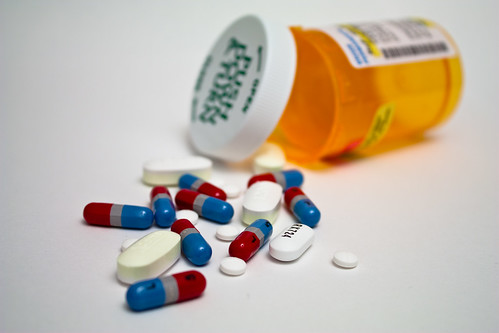Although most medical treatments are delivered in a professional and competent way, problems do sometimes occur, and one area which is open to mistakes being made is the provision of prescriptions and medication. The potentially harmful nature of a medication, if prescribed in the wrong circumstances, or indeed to the wrong patient, means that mistakes of this kind can be very serious.

Used under CC commons license https://www.flickr.com/photos/ep_jhu/3308079338/
A report published by the General Medical Council in 2012 highlighted the scale of the problem. Amongst the findings of the report were the following:
– 1 in 20 prescription items contained a prescribing or monitoring error
– Of these errors, 1 in 550 was described as ‘severe’
– The number of patients given a prescription with an error was as high as 1 in 8
– When the prescriptions for patients aged over 75 were examined, 1 in 4 were found to contain an error. The risk of a prescription containing an error increases almost twice on those patients, and on children.
The chain of events leading up to a patient being given a prescription containing errors can be long and complex. However, it is possible to pinpoint a few of the main and recurring factors. A mistake on a prescription might involve the wrong drug being prescribed, a wrong dosage or medication prescribed for a too long or a too short period of treatment. This may be due to basic lack of medical knowledge, insufficient training or failure to fully research the patient’s medical history and the precise details of their current condition. Handwriting which is difficult to read or the use of abbreviations or an incomplete prescription can also cause problems. These are simple human errors, but a doctor who is stressed, has too heavy a workload or is working too many hours is more likely to make mistakes of this kind.
If you think you have been given a prescription containing an error then you may feel as if you have little or no recourse. The medical community can form an intimidating opponent in an argument of this kind, particularly as all of the expertise will be gathered on their side, and especially in the case of pharmacy claims, which are almost bound to include technical and scientific arguments.
It’s vital that anyone who suffers in this way feels able to take positive action in order to make things better. By acting in this manner you’ll be able to turn a negative experience into something positive, and will feel ready to get on with the rest of your life, in the knowledge that fairness and justice have prevailed.